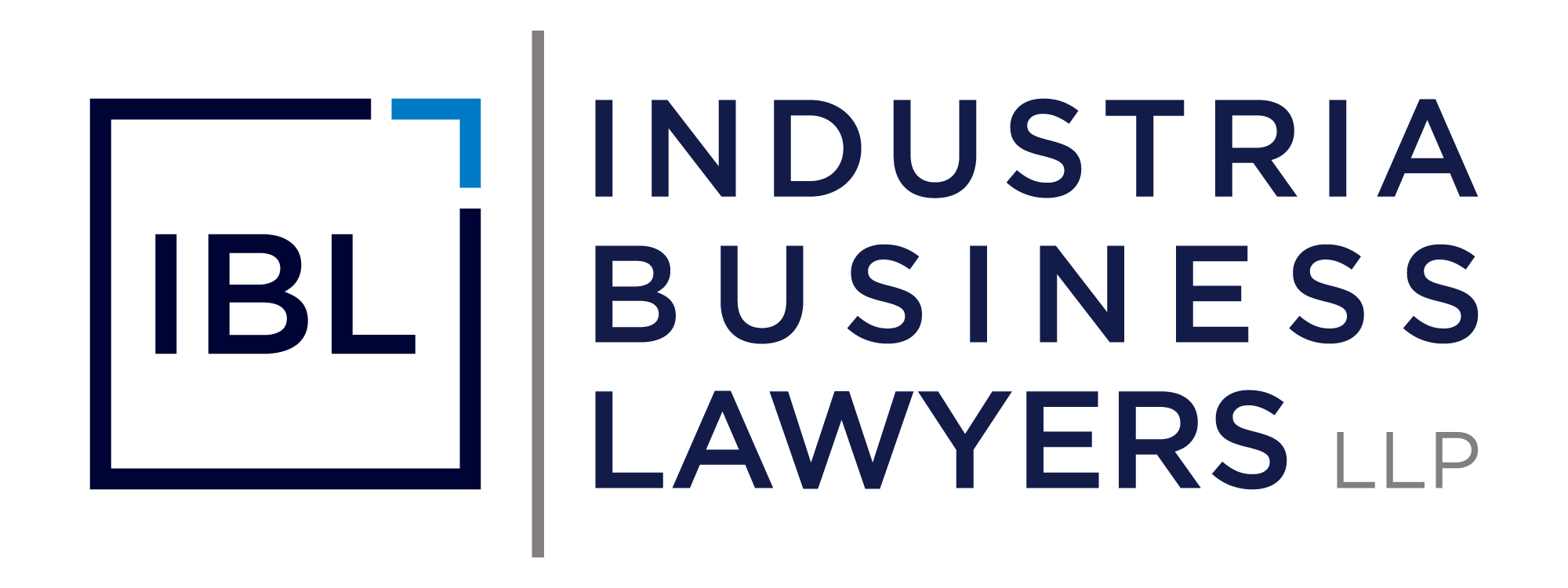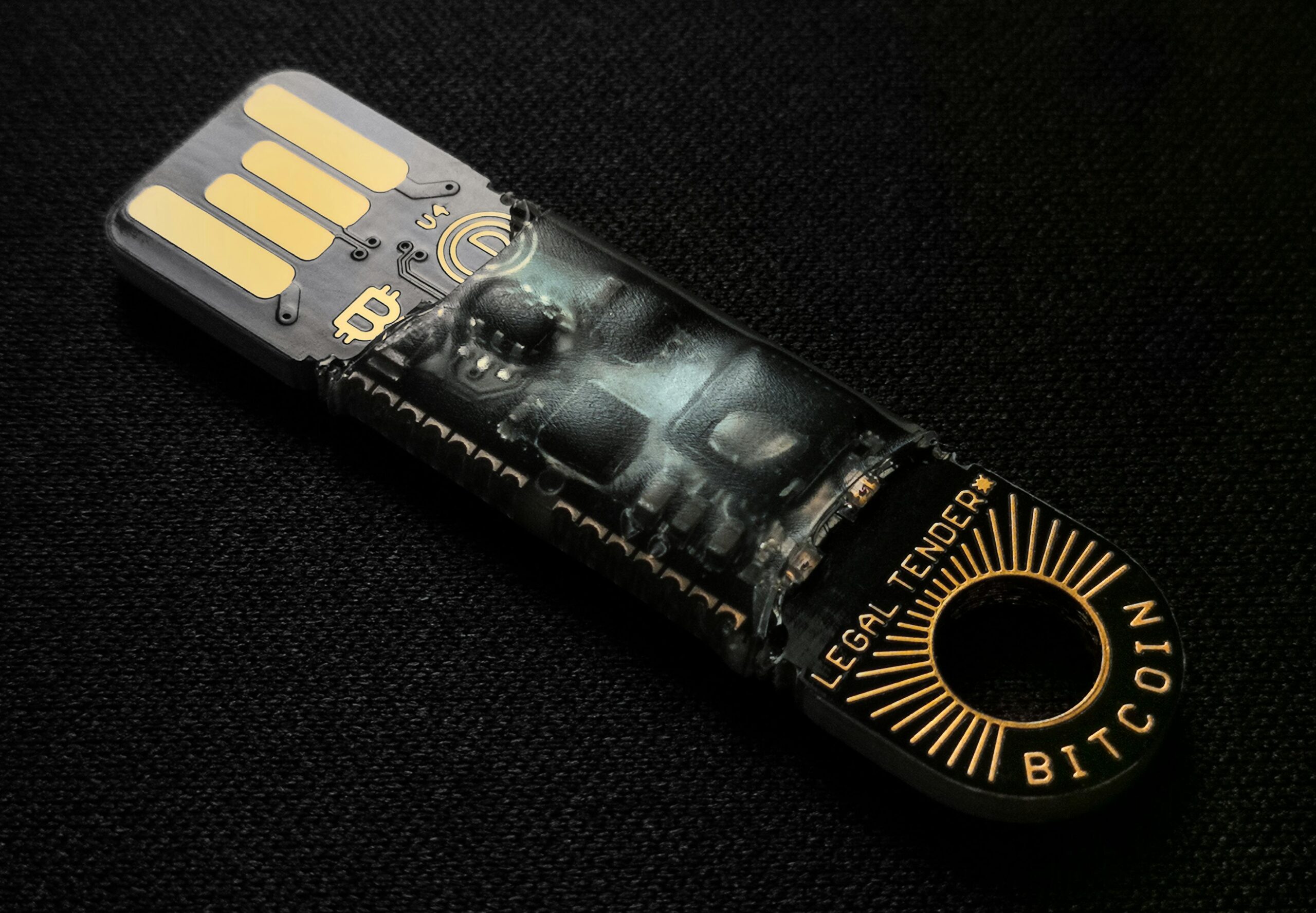A November 27, 2018 order in the case of ICO-gone-wrong SEC v. BlockVest, LLC (SoCal U.S. District Court), caused quite a buzz, for the ostensible holding that it (tentatively, of course, as this was not a final order) deemed the “airdrop” method of token distribution (i.e., free giveaways) permissible in the U.S. The order denied an asset freeze that had been requested by the SEC as part of a preliminary injunction.
Undoubtedly, the SEC not being granted the asset freeze was a little bit of fresh air for the beleaguered blockchain fundraising space. But I have now had a chance to review the BlockVest order of 11/27, and I have to say, there seems to be almost no basis to read into the decision that it is an “approval of airdrops,” or anything even remotely similar.
Indeed, I find it hard to glean from the order anything other than a recognition that substantive, evidence-based objections were raised to the SEC’s allegations of reliance on BlockVest representations by the buyers/token recipients, and against the offer as a de facto security, and consequently, the court was merely denying the SEC the privilege of having its allegations carry for the purposes of a preliminary injunction (which is a very high standard).
In other words, for an injunction which includes an asset freeze, and thus impinges upon the accused’s ability to hire counsel to defend itself, the SEC isn’t entitled to have its view of the facts, and associated legal conclusions, mechanically adopted by the court.
Unfortunately, it is likely that the presumptions on the same questions will swing the other way for overall case disposition on the merits (assuming no new facts are unearthed), as courts will give a wide berth to a regulatory organization within its own subject domain. So don’t get out the champagne just yet.
Further, I don’t even see much basis for the construction of the actions underlying the case as “airdrops,” or really, very comparable to them at all. Many of the alleged investors actually did pay something to BlockVest, and indeed wrote checks (with annotations indicating that these funds were for token purchases); others deposited funds (in the form of major cryptocurrencies) on the platform in exchange for “test tokens.” So not only was monetary consideration provided by many buyers (unlike in actual airdrops), but the tokens weren’t even “live” tokens intended for eventual general public circulation — clouding the basis for the “airdrop” interpretation on two additional counts (and take heed: a future, inchoate issuance of securities can be the basis for application of securities regulation; [1]).
There are other facts that undermine the “airdrops permissible” interpretation of this decision, such as BlockVest’s claim that it knew all the token recipients personally and invited them directly to test the platform (hardly a “general distribution” of tokens, for sure).
Perhaps this order is another brick in the wall in the trend against asset forfeiture, but at the end of the day, it may reflect little more than standard jurisprudence of a court that, refreshingly, didn’t allow itself to get caught up in anti-ICO hysteria.
Footnotes.
[1] Under § 2(4) of the Securities Act (15 USC § 77b(4)) (which refers to “one who proposes to issue any security”), a person is an “issuer” when such person promotes the sale of shares in to-be-created ventures. E.g. publishers of “Mining Truth” were “issuers” of securities, where magazine included a paper to be signed by interested parties, labeled “indication of possible acceptance,” indicating that the signer may accept shares of stock in the proposed corporation; SEC v Starmont (1939, DC Wash) 31 F Supp 264.


